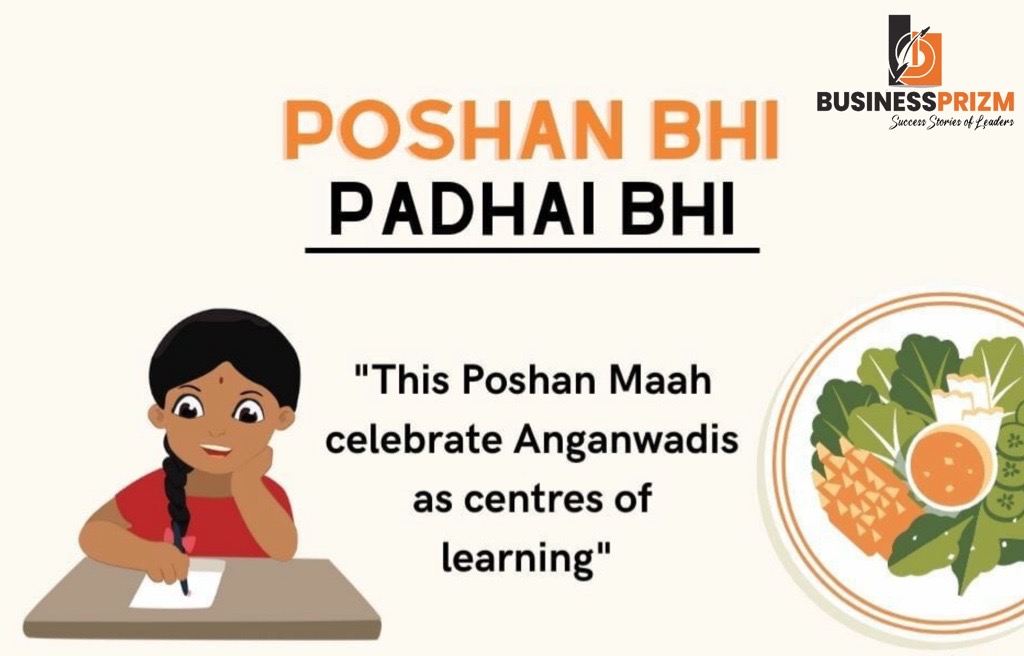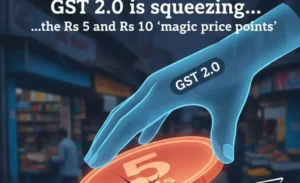The “Poshan Bhi Padhai Bhi” Scheme is an initiative launched by the Government of India that aims to address the issue of malnutrition among school children. Here’s an overview of the scheme:
Objective:
The primary objective of the Poshan Bhi Padhai Bhi Scheme is to combat malnutrition among school children by providing them with nutritious meals and promoting health and hygiene practices.
Key Components:
Nutritious Meals: Under the scheme, school children are provided with nutritious meals, typically in the form of mid-day meals or breakfast, depending on the school’s schedule and requirements.
Health and Hygiene Education: In addition to providing meals, the scheme also emphasizes the importance of health and hygiene education. Students are educated about the significance of balanced nutrition, personal hygiene practices, and sanitation.
Regular Monitoring and Evaluation: The implementation of the scheme involves regular monitoring and evaluation to ensure that the nutritional needs of school children are being met effectively. This may include assessments of meal quality, attendance, and health indicators.
Community Participation: The involvement of parents, teachers, community members, and local authorities is crucial for the success of the scheme. Community participation helps in creating awareness, ensuring accountability, and fostering a supportive environment for the well-being of school children.
Implementation:
The Poshan Bhi Padhai Bhi Scheme is typically implemented by the respective state governments in collaboration with central government agencies responsible for education, health, and nutrition.
The scheme may be integrated with existing programs such as the Mid-Day Meal Scheme, Integrated Child Development Services (ICDS), and other initiatives aimed at improving child health and nutrition.
Impact and Challenges:
The scheme aims to improve the nutritional status and overall health outcomes of school children, thereby enhancing their ability to learn and succeed academically.
Challenges in the implementation of the scheme may include logistical issues, budgetary constraints, ensuring meal quality and safety, as well as addressing cultural and dietary preferences.
Conclusion:
The Poshan Bhi Padhai Bhi Scheme reflects the government’s commitment to addressing the complex issue of malnutrition and promoting holistic development among school children.
By providing nutritious meals and promoting health and hygiene education, the scheme contributes to the overall well-being and future prospects of India’s young population.
In conclusion, the Poshan Bhi Padhai Bhi Scheme plays a vital role in ensuring that school children receive the nutrition and support they need to thrive both academically and physically.










